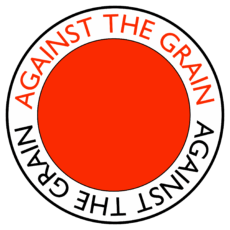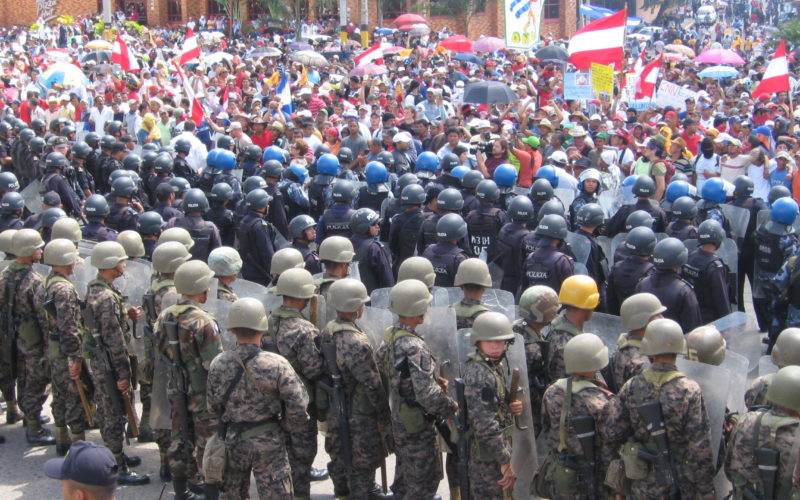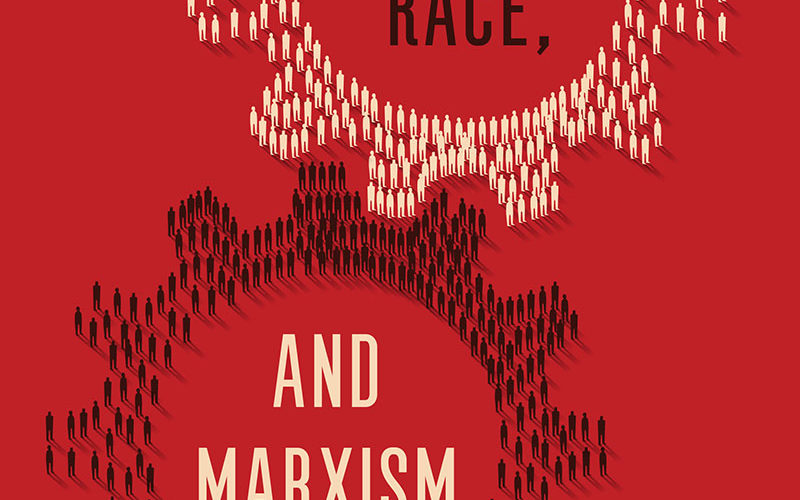In 2009, the mainstream, but democratically-elected government of Honduras was overthrown in a coup that was backed by the United States. Probably no surprise there: the US has a long history of supporting repressive regimes in that country. But what was surprising, medical anthropologist Adrienne Pine argues, was the response of the until-then fairly quiescent … Continued






